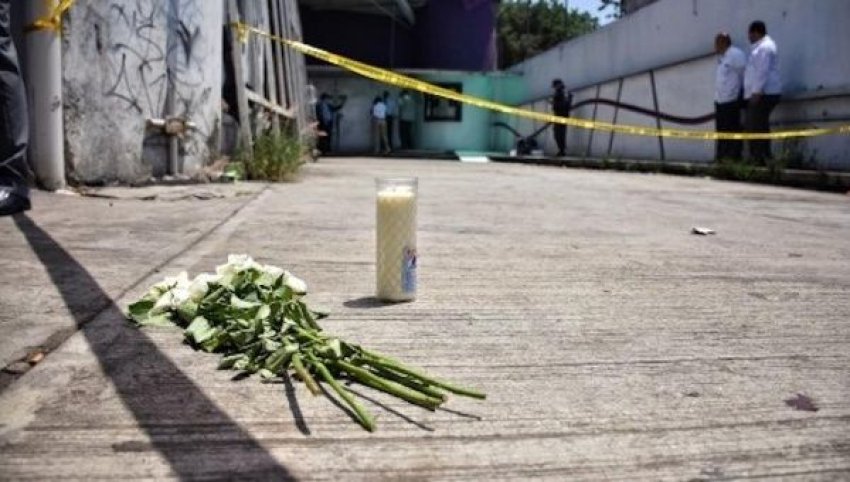
Reactions by politicians and the media around the world to the horrific mass murder at an Orlando LGBTI club on June 12 have largely focused on the attacker's alleged links to Islamic extremists — despite the killer pledging allegiance to both the Islamic State group and its nemesis Hezbollah.
But news of a similar attack on a popular LGBTI bar in Mexico just three weeks before travelled little farther than the state's border.
In the early morning May 22, gunmen entered La Madame, an LGBTI club in the southern Mexican state of Veracruz, and fired into the crowd of about 180 people. In total, seven people were killed and at least 12 injured in the attack.
The secretary of public security said that the killing was motivated by a territorial fight over drug sales, but LGBTI activists protested this claim, accusing authorities of hiding the homophobic aspect of the violence.
Violence against the LGBTI community is nothing new to Mexico, nor to Latin Americans, who made up the vast majority of victims in Orlando.
Data on victims of homophobic hate crimes are tough to collect, since the sexuality of victims is often not disclosed. However, activists estimate several hundred deaths for each of the continent's bigger countries. The Organisation of American States counted almost 600 in 25 member states over 15 months, recognising underreporting.
Though Latin America has been seen as a global leader in LGBTI rights in relation to equal marriage legislation, protections against discrimination and general tolerant views, violence — fatal and not — persists.
A report by the AIDS Alliance found that 80% of transgender activists in Latin America said they have been physically attacked.
It is clear the LGBTI community in Latin America frequently faces violence — and that Islam has nothing to do with it.
[Reprinted from TeleSUR English.]